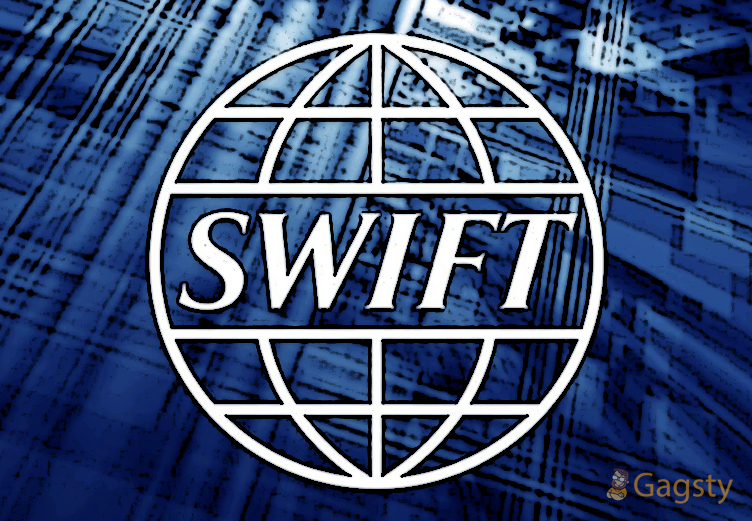
Society for Worldwide Interbank Financial Telecommunication Messaging System (SWIFT)
Global Payment Network, Swift, or the Society for Worldwide Interbank Financial Telecommunication Messaging System is mainly a global messaging system for financial transactions that connects more than 11,000 banks and other organizations in more than 200 countries and territories. Swift is the global financial artery that allows the smooth and rapid transfer of money across borders. It was created in 1973 and based in Belgium, Swift links 11,000 banks and institutions in more than 200 countries.
EU Commission
EU Commission promotes the general interest of the EU by proposing and enforcing legislation as well as by implementing policies and the EU budget. The European Commission is the EU’s politically independent executive arm. It is alone responsible for drawing up proposals for new European legislation, and it implements the decisions of the European Parliament and the Council of the EU. The Commission is the sole EU institution tabling laws for adoption by the Parliament and the Council that protect the interests of the EU and its citizens on issues that can’t be dealt with effectively at the national level.
NEWS
The European Commission announced the removal of several Russian banks from the Society for Worldwide Interbank Financial Telecommunication (SWIFT) messaging system, aimed at hindering Russia’s capacity to carry out cross-border payments. While condemning Russian President Vladimir Putin’s move to lay siege across Ukraine, the EU Commission committed to undertake a series of measures to isolate Russia from the international financial system.
In a joint statement released by the European Commission, leaders from France, Germany, Italy, the United Kingdom, Canada, and the United States highlighted their shared interest in defending Ukraine from the war against Russia: “We will hold Russia to account and collectively ensure that this war is a strategic failure for Putin.” While condemning Russian President Vladimir Putin’s move to lay siege across Ukraine, the EU Commission committed to undertake a series of measures to isolate Russia from the international financial system.
Financial Barrier to The Russian Central Bank
President of the EU Commission, Ursula von der Leyen announced five proactive measures against Russian authorities, starting with the removal of an undisclosed number of Russian banks from the SWIFT messaging system.
In addition to cutting Russia’s ties with SWIFT, the EU Commission will “paralyze the assets of Russia’s central bank,” creating another financial barrier for the Russian central bank to liquidate assets. As for the third measure, EU Commission stated: “We commit to taking measures to limit the sale of citizenship— so-called golden passports—that let wealthy Russians connected to the Russian government become citizens of our countries and gain access to our financial systems.”
The Launching of a Transatlantic Task Force for the Successful Sanctions
The EU Commission will soon launch a transatlantic task force to ensure the effective implementation of all the sanctions, which primarily aims to freeze the overseas assets of Russian officials, elites, and their family members. As a fifth measure, the Commission plans to increase coordination against disinformation and other forms of hybrid warfare.
New Financial Restrictions in Russia
As global markets continue to impose new financial restrictions on Russia, Feb. 24 highlights how Russian billionaires could potentially circumvent any sanctions put forth by the world leaders by using cryptocurrencies.
Crypto-As The Main Key to Financial Network
Now that Russian banks risk getting barred from SWIFT’s international financial network, crypto may be the key for rich individuals to evade sanctions. Quantum Economics founder and CEO Mati Greenspan said: “If a wealthy individual is concerned that their accounts may be frozen due to sanctions, they can simply hold their wealth in Bitcoin to be protected from such actions.”
Leave a Reply